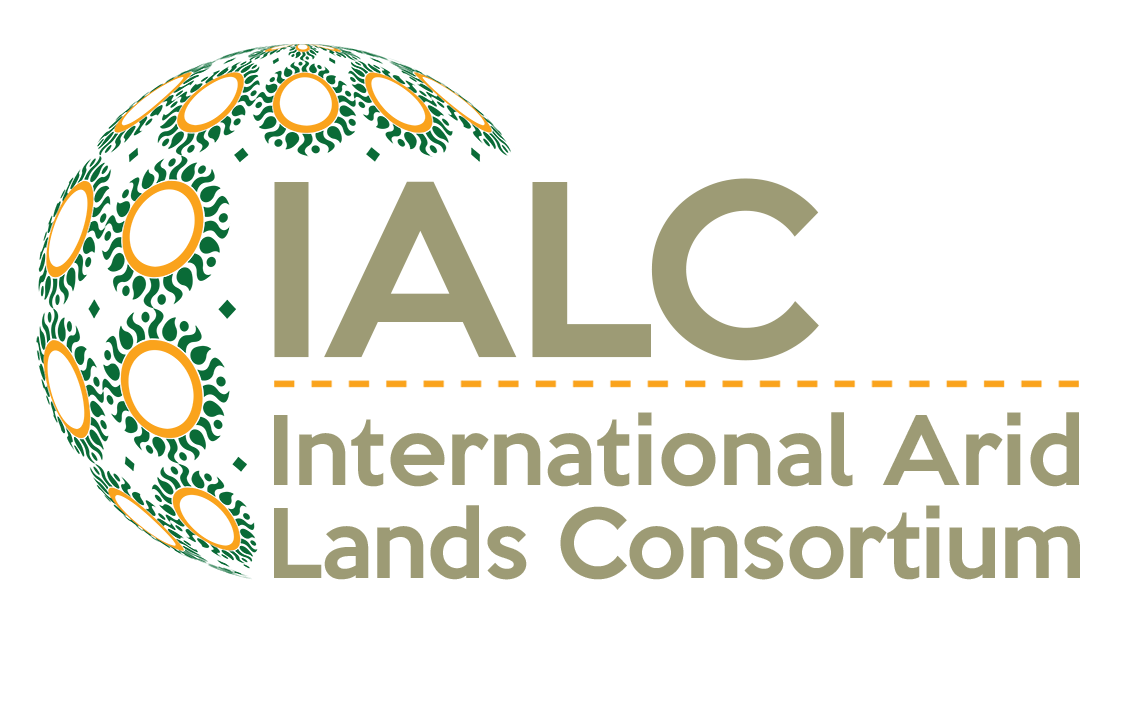Financing Wastewater Treatment: US-Mexico & Israel-Palestine Borders
Investigators (most current known information)
Proposal Abstract
In arid and semiarid areas, adequate construction and operation of wastewater facilities is crucial for maintaining a sustainable environment. An important element in the management of wastewater infrastructure is funding. The funding of wastewater facilities is especially problematic when wastewater infrastructure is required to treat transboundary effluents. It often requires dividing the cost between neighboring countries with asymmetrical relations. Asymmetries in ability to pay, in the benefits of pollution control, and in responsibility for causing the pollution have often resulted in the breakdown of negotiations. This has often been the case of the US and Mexico, and also of Israel and the Palestinian Authority. In both cases, the parties involved often could not agree on how to divide the cost of transboundary pollution control, and resolution of the pollution problem was not advanced.
To examine the above issues, we explore the manner by which cost-sharing arrangements are developed and function, specifically advancing the following research objectives:
- First, to identify the range of potential cost sharing principles (and the ones that are actually adopted) for dividing the cost of transboundary wastewater treatment under asymmetrical relations.
- Second, to examine the driving forces behind the different cost sharing principles and the manner by which these principles are developed.
- Third, to examine how the cost sharing arrangements adopted effect the operation of wastewater facilities.
To this end, a comparative research design is advanced. Four case studies on the US-Mexico border and three on the Israeli-Palestinian border are examined. A comparative yet detailed analysis of several case studies under various regional hydrologic, economic, and geo-political settings provides a solid understanding of the various cost-sharing options, their likelihood to be adopted, and their fitness to resolve pollution problems. Outcomes include the following:
- Cost sharing options discovered include the Polluter Pays Principle (PPP), Beneficiary Pays Principle (BPP), Ability to Pay Principle (APP), and the Beneficiary Pays the Difference Principle (BPDP).
- Variations of these principles are employed in the case studies that we examine, with the specifics driven by site-specific economic, security, socio-cultural, and political issues.
- Security issues are of paramount importance in the Israeli/Palestinian cases studies; the Israeli government has tremendous ability to impact unilateral and joint efforts to improve infrastructure in the area, and security concerns drive most decisions made.
- In the US-Mexico border region, asymmetries in the ability to pay and sovereignty concerns of Mexico have historically driven decisions, but security concerns in the post 9/11 era are gaining importance and impacting infrastructure decisions of late.
- Through field visits during the project, investigators developed collaborative working relationships that are supporting new research efforts, including support of two international water resource and watershed conferences and other collaborations.
Outcome
Articles in Journals
Fischhendler, I. 2007. "Escaping the polluter trap: financing wastewater treatment on the Tijuana-San Diego border.” Ecological Economics 63: 485-498
Fischhendler, I. 2008. "The Politics of Unilateral Environmentalism: Wastewater Treatment along the Israeli-Palestinian Border." Paper under review in Political Geography.
Fischhendler I. and A. Schalimtzek. 2008. "Dividing the cost-burden of environmental services: the case of Israel-Palestinians wastewater regime." Under review in Environmental Politics.
Fischhendler, I., D. Katz, and E. Feitelson. 2008."Sustainability and security tradeoffs: Israeli-Palestinian wastewater treatment as a case study." (in preparation)
Brown, C. and I. Fischhendler. 2008. "The Ambos Nogales Wastewater Riddle; Where upstream dynamics collide with transboundary realities." (in preparation)
Brown, C. and I. Fischhendler. 2008. "A comparative examination of cost sharing of wastewater treatment infrastructure; the cases of the U.S.-Mexico Border and the Israeli-Palestinian Border." (in preparation)
Presentations
Brown, C. 2008. Comparative discussions of international Water Resource Management: Case Studies from the U.S.-Mexico Border and the Middle East." Invited paper to the 2008 Fall Colloquium Series in Hydrologic Sciences, University of Nevada at Reno. 21 November 2008.
Fischhendler, I. 2008. Dividing the cost-burden of environmental services: the case of Israel-Palestinians wastewater regime. Invited seminar at Program for Environmental Studies, ETH, Zurich Switzerland. 5 May 2008.
Fischhendler, I. 2007. Unilateral environmentalism: wastewater treatment along the Israeli-Palestinian border. Paper presented at The International Conference on Adaptive & Integrated Water Management, Basel. 12-15 November 2007.
Fischhendler, I. 2007. Unilateral environmentalism: wastewater treatment along the Israeli-Palestinian border. Invited seminar at The Department of Geography, University of Arizona, Tucson. 7 September 2007.
Fischhendler, I. 2007. Unilateral environmentalism: wastewater treatment along the Israeli-Palestinian border. Invited seminar at The School of International Affairs and Public Policy, Columbia University, New York. 11 September 2007.
Brown, C. and H. Gonzalez. 2006. The role of decentralization in financing wastewater and water infrastructure on the US-Mexico border." Paper presented at the 2006 Annual Meetings of the Association for Borderland Studies , Phoenix AZ. 20 April 2006.
Fischhendler, I. and C. Brown. 2006. Financing wastewater treatment: case studies on the US-Mexico/Israel-Palestine borders. Paper presented at the L ineae Terrarum International Border Research Conference, held at the University of Texas, El Paso; New Mexico State University; and la Universidad Autonoma de Ciudad Juárez, 30 March 2006.
Fischhendler, I. 2006. Escaping the "polluter pays" trap: financing wastewater treatment on the Tijuana-San Diego border. Paper presented at The International Conference on the Human Dimensions of Global Environmental Change , Berlin, Germany. 17-18 November 2006.

